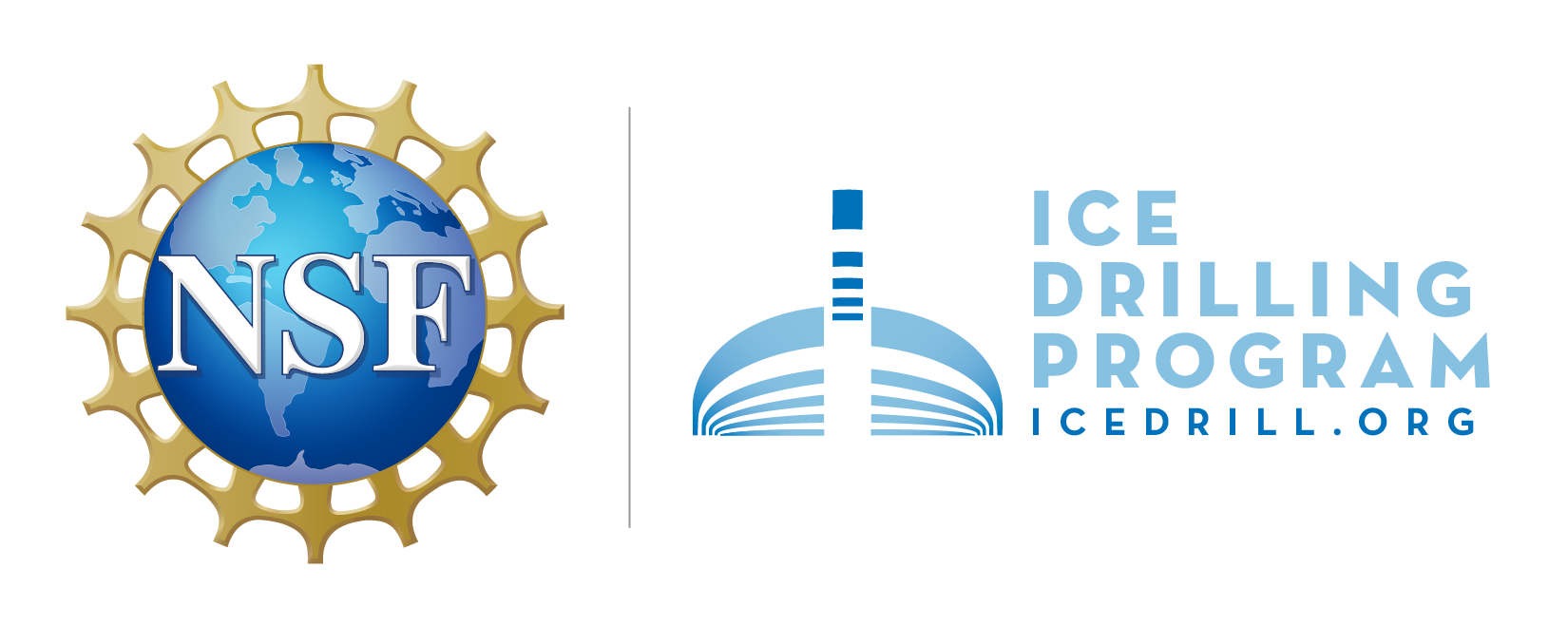North America: Sediment Transport Mechanisms and Geomorphic Processes Associated with Shore Ice along Cold Climate Coastlines
This project will test the hypothesis that limited or variable shore ice cover, when compared to consistent shore ice cover, results in enhanced storm-induced coastal erosion and damage to coastal infrastructure. Cold climate coastlines are highly vulnerable to reduced winter ice cover in response to climate change. The dynamics of how reduced ice cover influences coastal evolution is poorly understood which inhibits accurate forecasting of future coastal response in cold climates. Researchers on this project hope to improve our understanding of how sediment interacts with shore ice as well as the resulting coastal landscape change. The first part of the project involves laboratory experiments aimed at studying the physics of sediment and ice interactions. The second part of the project will gather field measurements that use the laboratory measurements as a basis to investigate how cold climate coastlines naturally respond to the shore ice. Using a SIPRE Hand Auger, the researchers will collect ice core samples of 1-3 meters in length on Lake Michigan and Lake Superior to inspect debris entrained within the ice for comparison with the laboratory experiments. This research will result in a model that will help explain how reduced and variable winter shore ice cover alters the coastal landscape, which will help coastal managers proactively plan for future climate change impacts.
- Point of Contact:
Lucas Zoet, University of Wisconsin-Madison. Ethan Theuerkauf, Michigan State University.
- Schedule: 12/01/2020 - 03/31/2021
- Equipment: SIPRE Hand Auger
North America: Reconstructing Ancient Human and Ecosystem Responses to Holocene Climate Conditions
This project will reconstruct Holocene climatic conditions to better understand human adaptation and response to past environmental variability. The investigators will use an array of archaeological materials and atmospheric proxies from Northern Rocky Mountain ice cores to better understand human use of alpine environments during periods of dramatic environmental change. The purpose of the fieldwork is to test how well the IDP Chipmunk Drill collects cores from ice patches in preparation for summer 2022 drilling.
- Point of Contact:
David McWethy, Montana State University. Craig Lee, UC-Boulder. Joseph McConnell, Desert Research Institute. Gregory Pederson, Montana State University. Lawrence Todd, University of Wyoming.
- Schedule: 9/1/2021 - 11/15/2021 (estimated)
- Equipment: Chipmunk Drill
